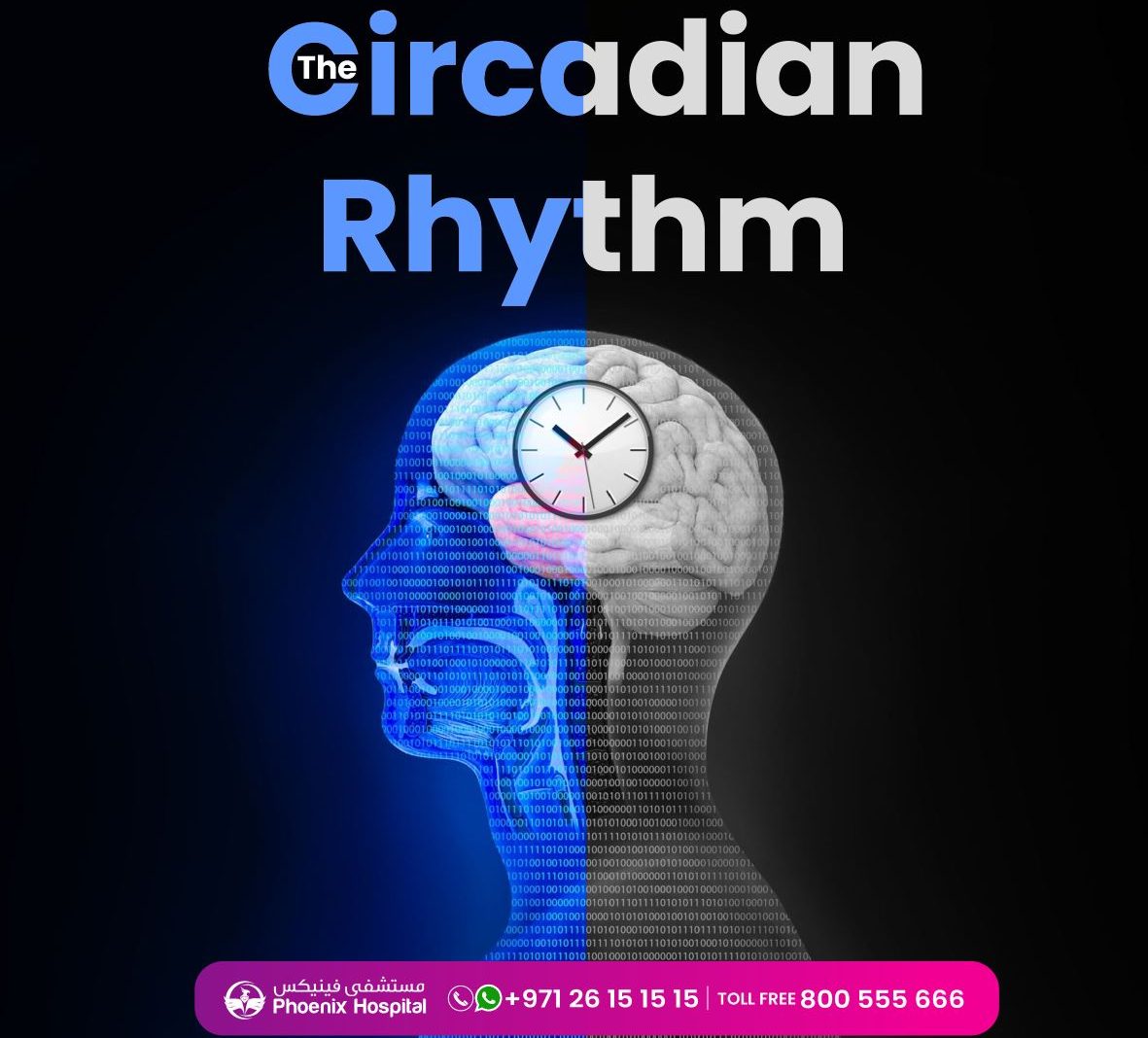
HCC – Hepatocellular Carcinoma, Symptoms, Treatments

Fatty liver – symptoms, causes, and digestion

Is Sunset to Sunrise Method Proven for Weight loss

Circadian Rhythm and Its Influence on Our Eating Habits

Colon Cancer – Symptoms, Causes, & Treatment

what is circadian rhythm?
The circadian rhythm is a biological clock inside our body that regulates various physiological processes, including sleep-wake cycles, hormone release, and even our appetite. It is a natural 24-hour cycle that responds primarily to light and darkness, guiding our internal functions to synchronize with the external day-night rhythm. In recent years, scientists have discovered a profound connection between the circadian rhythm and our dietary patterns. This emphasizes the importance of synchronizing our eating habits with our body’s internal clock.
Why meal timing is very critical?
Proper meal timing can have a significant impact on our health and well-being. Studies have shown that aligning our meals with our circadian rhythm can improve digestion, enhance metabolism, and promote weight management. Let’s dive into the key aspects of optimizing meal timing for a healthier lifestyle.
Always listen to your body and understand your body, which means from breakfast to dinner only eat when you feel hungry. You may be confused between thirst and hunger at times.
1. Breakfast- Breaking the overnight fast
Boldly breaking the overnight fast in the morning kicks starts our metabolism and sets a positive tone for the day. It is crucial to have a nutrient-rich breakfast within an hour of waking up. A breakfast with high-fiber carbohydrates, lean proteins and fruits or vegetables can make you more productive and feel you full for long.
2. Lunch – Balanced food
Lunch time offers an opportunity to refuel your body and maintain steady energy levels. Opt for a well-balanced lunch that includes a variety of vegetables, whole grains, and lean proteins. Avoid heavy, greasy meals that can lead to sluggishness, interfering with your afternoon productivity.
3. Afternoon Snacks – healthy and filling
In the late afternoon, when energy levels tend to dip, it’s beneficial to have a nutritious snack. Select snacks that are rich in protein, such as yogurt with fruits or nuts, to keep your blood sugar stable and hunger at bay until dinner.
4. Dinner – Early
Dinner should ideally be the lightest meal of the day and consumed at least two or three hours before bedtime. This allows your body ample time to digest the food before you sleep, promoting better sleep quality and digestion.
Initially you will feel hunger because you are closing your eating window early, which body is not used to. But sticking to habit is very good eventually it will make big differences in your body and life.
5. Hydration throughout the day
Staying hydrated will improve your body’s ability to absorb nutrients, as well as keep your digestive system regular. Keep a water bottle with you throughout the day to stay hydrated. If you don’t like the taste of plain water, try adding a slice of lemon to your drink.
The Impact of Circadian Rhythm Disruption
Disturbed eating patterns and disrupting the circadian rhythm can harm our health. Shift work, jet lag, and irregular eating schedules can lead to a misalignment of the internal clock, resulting in various health issues, including.
– Digestive Problems: Irregular eating patterns can disrupt the natural rhythm of digestive processes, leading to issues such as indigestion, bloating, and acid reflux.
– Weight Gain: Circadian rhythm disruption has been linked to an increased risk of weight gain and obesity, as it can alter hunger hormones and promote overeating, especially during late-night hours.
– Sleep Disorders: A misaligned circadian rhythm can lead to sleep disturbances, insomnia, and poor sleep quality, impacting both physical and mental health.
Strategies for Syncing Your Meals with Your Circadian Rhythm
To optimize your health and well-being, consider implementing these strategies to align your meals with your circadian rhythm:
1. Consistent Schedule: Try to maintain a regular eating schedule by having meals at consistent times each day, even on weekends.
2. Bright Mornings: Expose yourself to natural light in the morning to regulate your internal clock and support healthy eating patterns.
3. Mindful Eating: Practice mindful eating, savoring each bite and listening to your body’s hunger and fullness cues.
4. Limit Late-Night Eating: Avoid heavy meals and snacks close to bedtime to promote better sleep and digestion.
5. Seek Professional Advice: If you have irregular work hours or face challenges with circadian rhythm alignment, consult a healthcare professional or a registered dietitian for personalized guidance.
Food is a potent medicine, free from side effects. However, improper consumption and unhealthy portions can transform it into a potential threat to life. The practice of following the sunrise to sunset method knows no age limits, starting from a young age yields the best results. Embracing this approach benefits the digestive system and prevents various health issues.
Encouraging your children to adopt this method is a wise choice. The circadian rhythm of food plays a crucial role in optimizing our health and well-being. Aligning our meals with our internal clock enhances digestion, promotes better sleep, and fosters overall health. Maintain a consistent schedule, make mindful food choices, and prioritize a healthy eating routine. This way, you can harness the power of your circadian rhythm for a happier, healthier version of yourself.
“In Phoenix Hospital, our team of professional doctors and staffs are ready to help and deliver you the best possible care. It’s always good to take a second opinion, Our experienced doctors are willing to help you with your healthcare decisions. You can get in touch with us by clicking contact
You can also Schedule an appointment with our doctors through Book an Appointment”